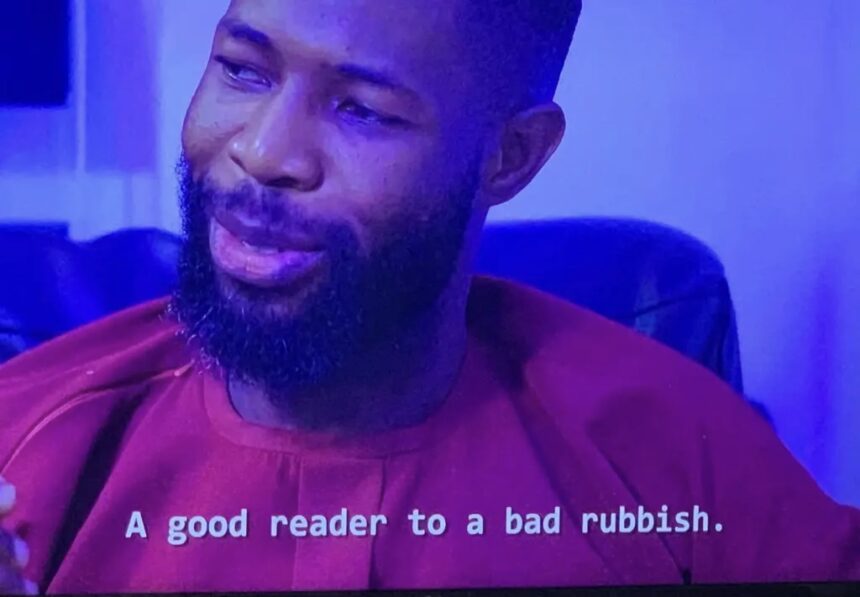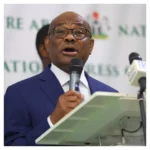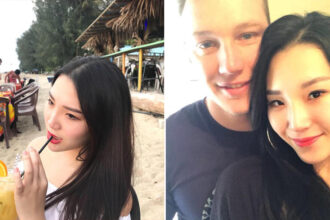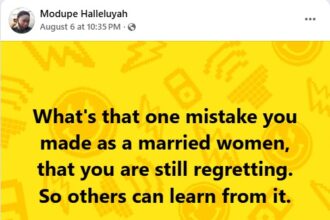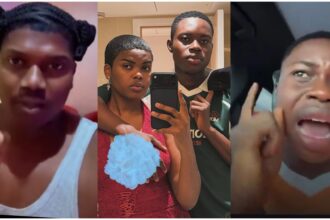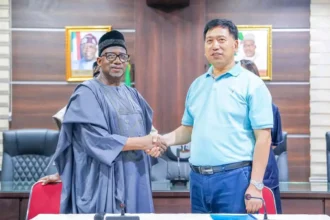A few years ago, watching a Nollywood film with subtitles could be a test of patience. A Yoruba warrior might deliver a proverb so sharp it silenced the room, but the subtitle would appear as a flat line like “A good reader to a bad rubbish.”The drama and cultural flavour often got lost in translation.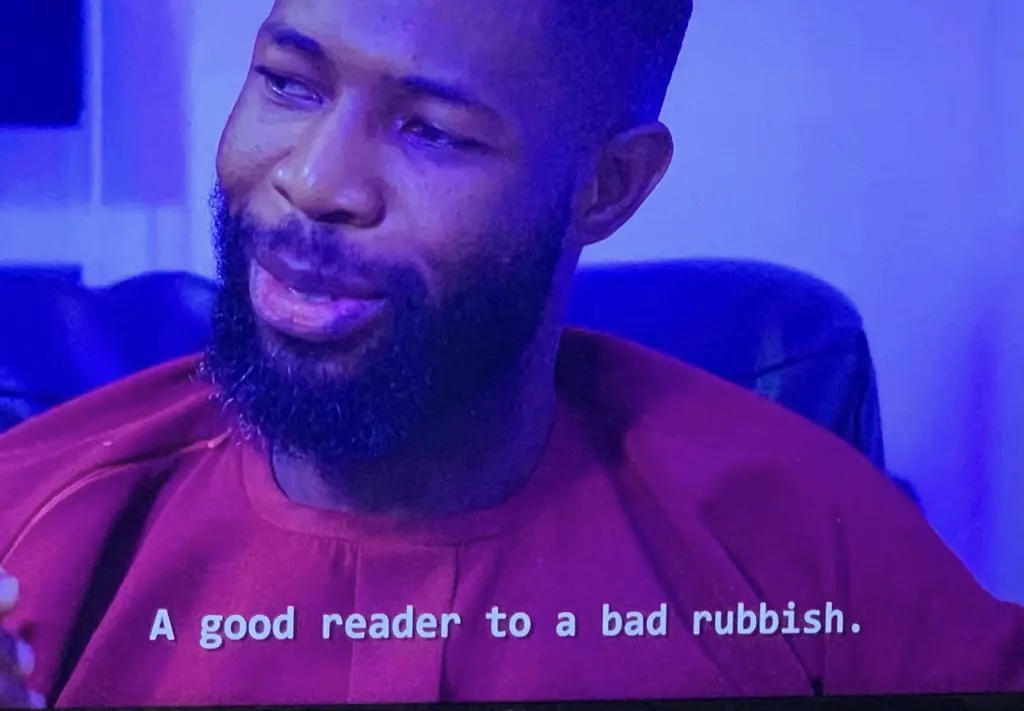 But Nollywood has changed. With films now streaming globally on Netflix, Prime Video, and Showmax, subtitles have become too important to ignore. Producers know that those words at the bottom of the screen are Nollywood’s passport into new markets. The result is that subtitles today are sharper, cleaner, and far more respectful of Nigerian languages than they once were, though a few old habits still linger.
But Nollywood has changed. With films now streaming globally on Netflix, Prime Video, and Showmax, subtitles have become too important to ignore. Producers know that those words at the bottom of the screen are Nollywood’s passport into new markets. The result is that subtitles today are sharper, cleaner, and far more respectful of Nigerian languages than they once were, though a few old habits still linger.
Subtitles as the Global Passport of Nollywood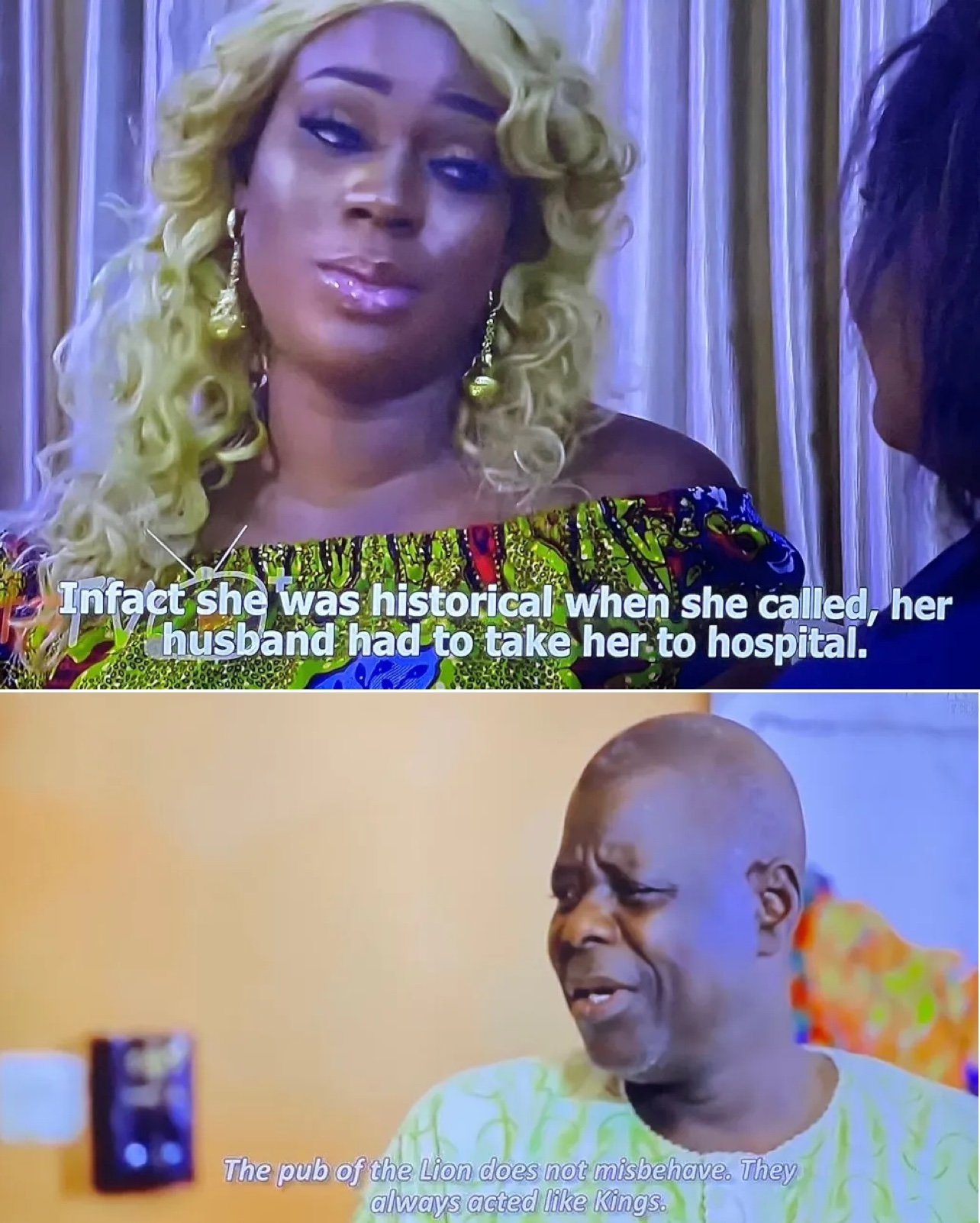
As Nollywood expands beyond DVDs and cinemas into Netflix, Prime Video, and YouTube, subtitles have become its passport. They are not just words at the bottom of the screen, they are the bridge that allows a Lagos-based drama or Ibadan-shot epic to be understood in Los Angeles or Berlin.
But as several studies and filmmakers point out, that bridge is shaky. Academic analyses of Yoruba-to-English subtitles consistently find errors. From literal translations, and awkward grammar, to cultural nuances stripped away. In some cases, the subtitle actively misrepresents what is being said.
Where Subtitles Still Miss the Mark, And How Nollywood Is Improving
1. Literal translations that dull meaning
Once common, especially in Yoruba epics, sharp proverbs often got flattened into lines like “Trouble have arise.”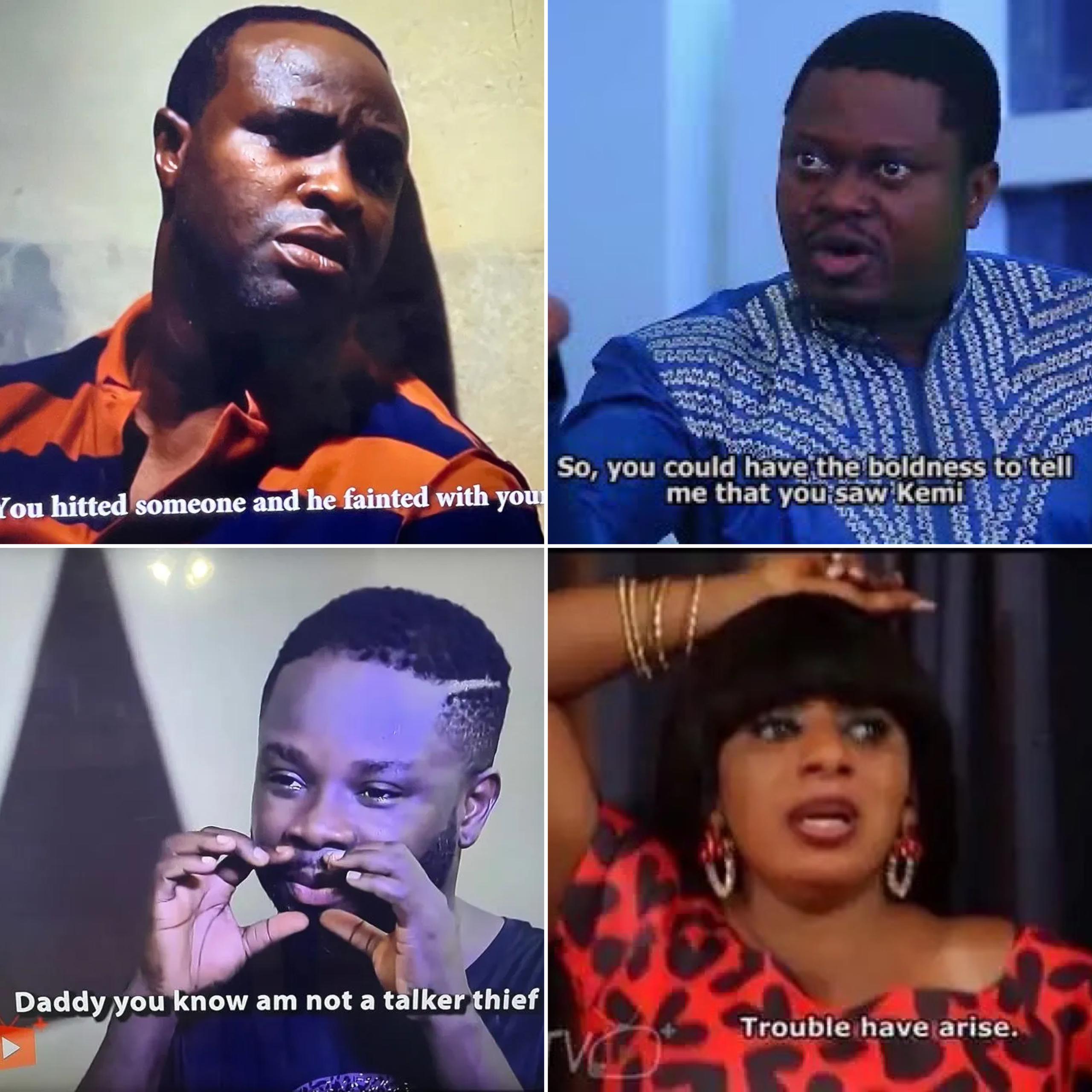
Today, big-budget Nollywood films are more intentional. Subtitlers now bend English to capture tone, so instead of a dry literal, you might see “Trouble is here” or “Here comes trouble”
2. Grammar and timing slips
Older DVDs and cinema releases were notorious for clunky subtitles. They had bad grammar, awkward line breaks, and flashes too quick to read.
Platforms like Netflix and Prime Video now enforce subtitling standards, so most films today have cleaner, better-timed text.
3. Flattened character voices
Royal Yoruba dialogue, Igbo elder wisdom, or Lagos street slang used to all come out the same in subtitles, with plain, neutral English.
Progress is visible in newer films. They are beginning to preserve tone, show authority, humour, or street energy in the subtitles.
4. Cultural cues that vanish
Key Nigerian terms like oríkì (praise poetry), owambe (lavish party), etc were often reduced to “song” or “party,” stripping out the cultural weight.
More recent projects are leaving some words untranslated, letting global audiences learn and feel Nigerian culture rather than lose it.
Why It Matters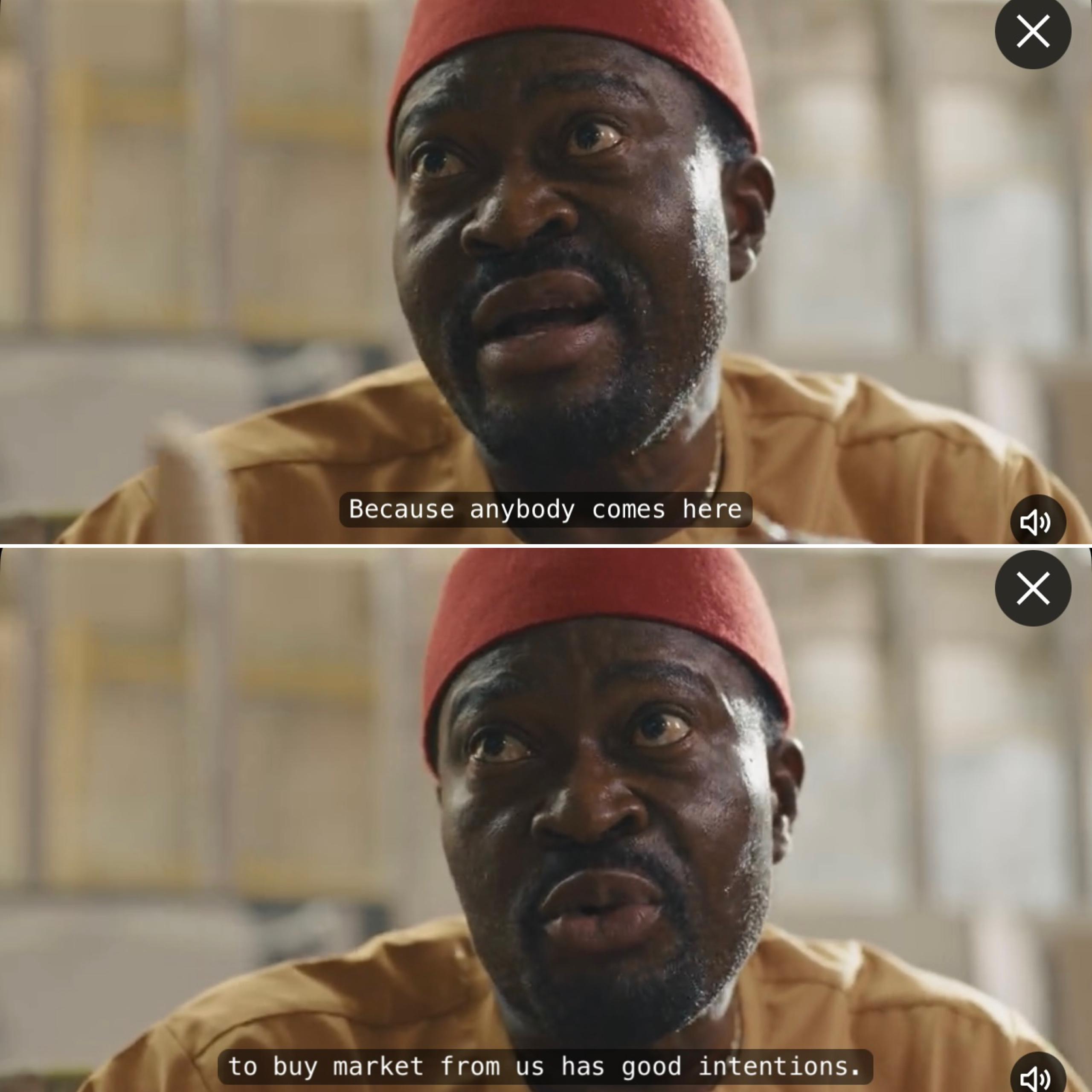
Cultural credibility
Bad subs risk misrepresenting Nigerian life. A respectful Yoruba proverb can end up reading like sarcasm. An Igbo joke becomes a flat statement. This changes how foreign viewers read Nigerian identity.
Economic reach
Poor subtitles mean fewer festival wins, weaker global reviews, and lost licensing opportunities. Distributors know that a film that “travels” well has better ROI. Filmmakers like Kunle Afolayan have repeatedly stressed that Nollywood cannot grow globally without better subtitling.
Viewer frustration
On forums and X (formerly Twitter), international viewers often complain about Nollywood subtitles being confusing or “broken English.” Some even abandon films because they cannot follow what’s happening.
Why It Keeps Happening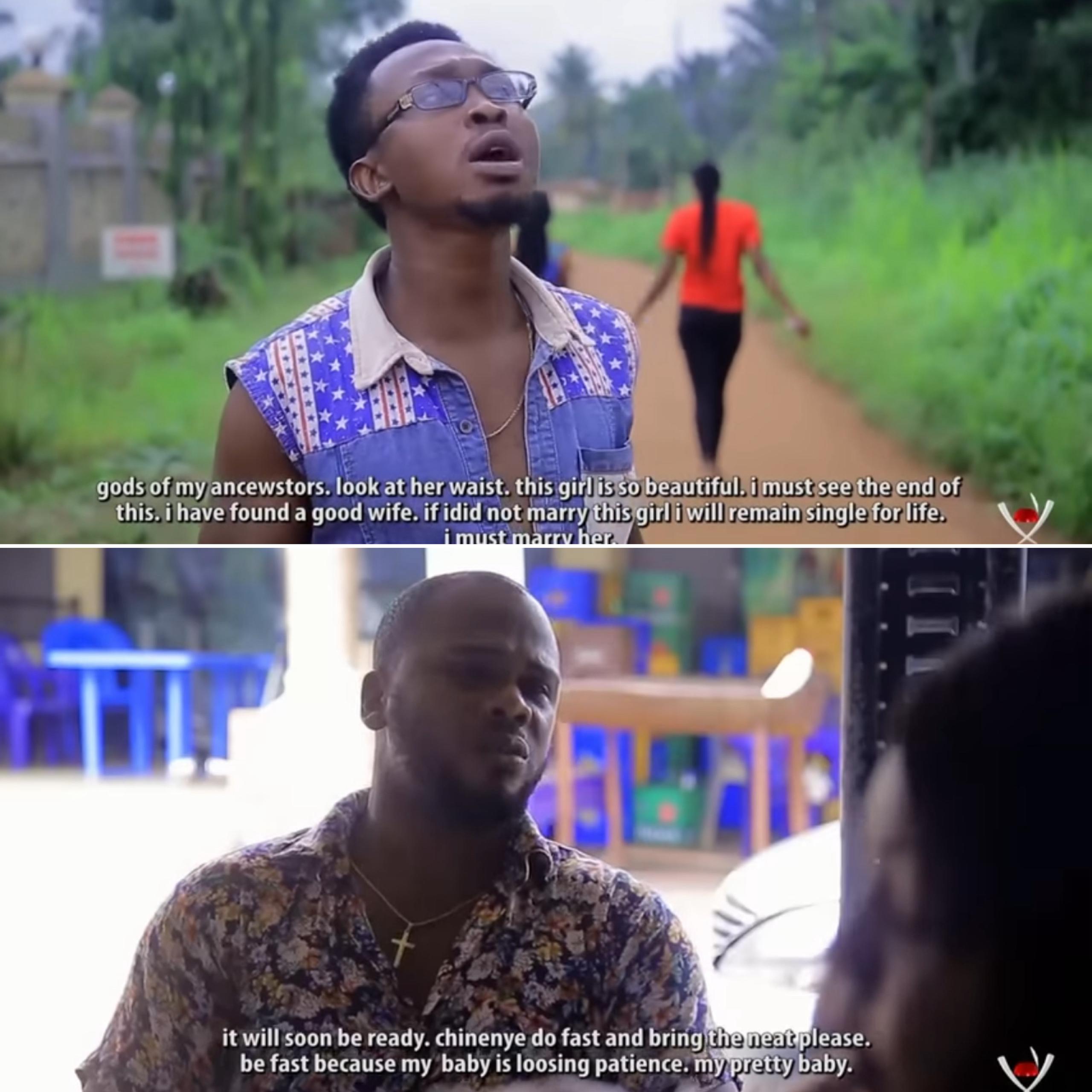
• Budget & time pressure: Subtitling is often the last line item on the budget, rushed in post-production.
• Untrained subtitlers: Many subtitlers are bilingual but not professionals in film translation.
• Platform pressure: Global streamers like Netflix run dozens of markets at once; subtitling often gets outsourced under tight deadlines.
• Over-reliance on literal AI: Some subs are generated or assisted by machine translation without enough human review.
Fixes That Can Work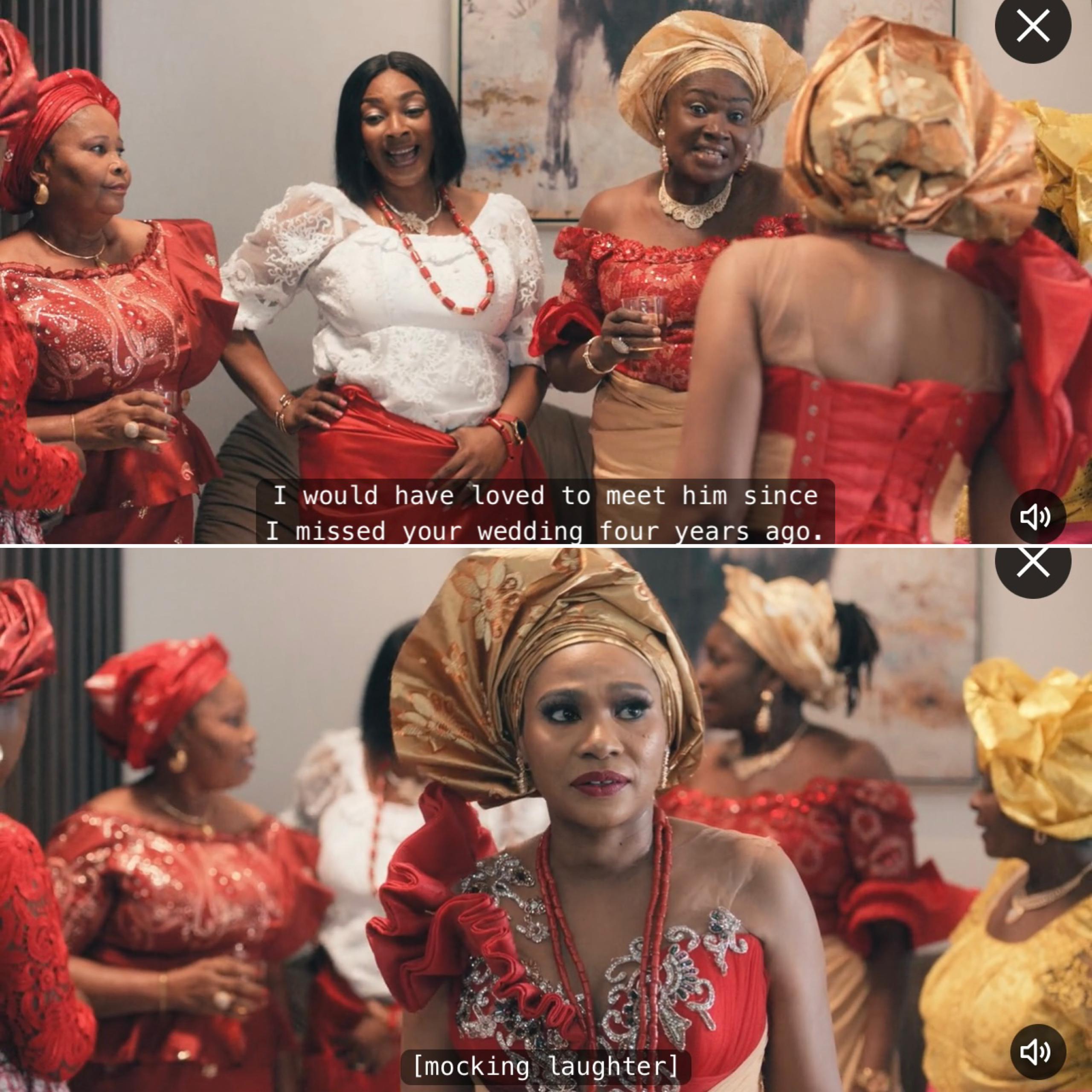
• Invest in professional subtitlers with cultural competence: It’s not enough to “know English.” Subtitlers must grasp Yoruba idioms, Igbo proverbs, Hausa slang etc, and render them in living English.
• Adopt subtitling standards: Line length, timing, readability and more are what Nollywood needs clear quality checks on, before films hit streaming.
• AI + human editing: Machine tools can speed up first drafts, but human subtitlers must refine tone and meaning.
• Cultural glossaries or adaptive notes: Viewers are willing to learn. A well-placed contextual note enriches, not alienates.
Conclusion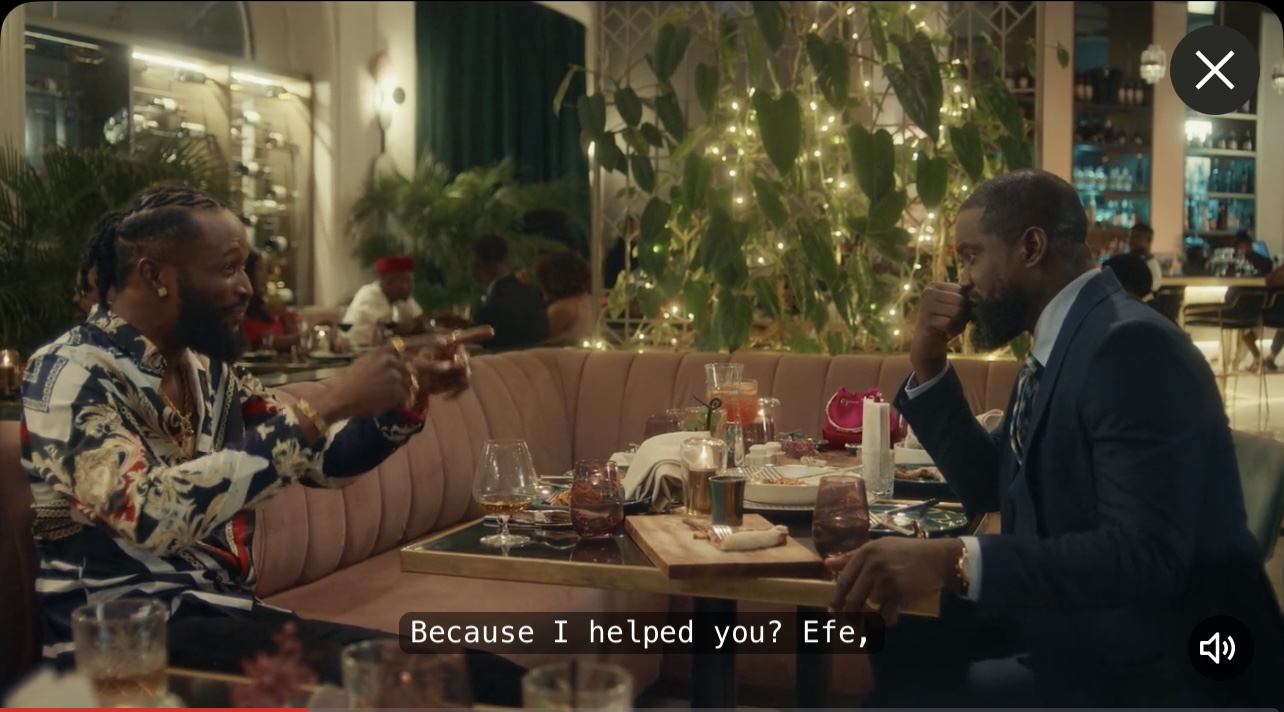
Subtitles are more than text, they are Nollywood’s passport to the world. With global audiences now paying attention, getting it wrong means wasting an opportunity to tell Nigeria’s story properly. Getting it right means elevating Nollywood from “fast-growing” to “fully respected.”
The language is already rich. The stories are already compelling. All that’s missing is for the words at the bottom of the screen to catch up.

